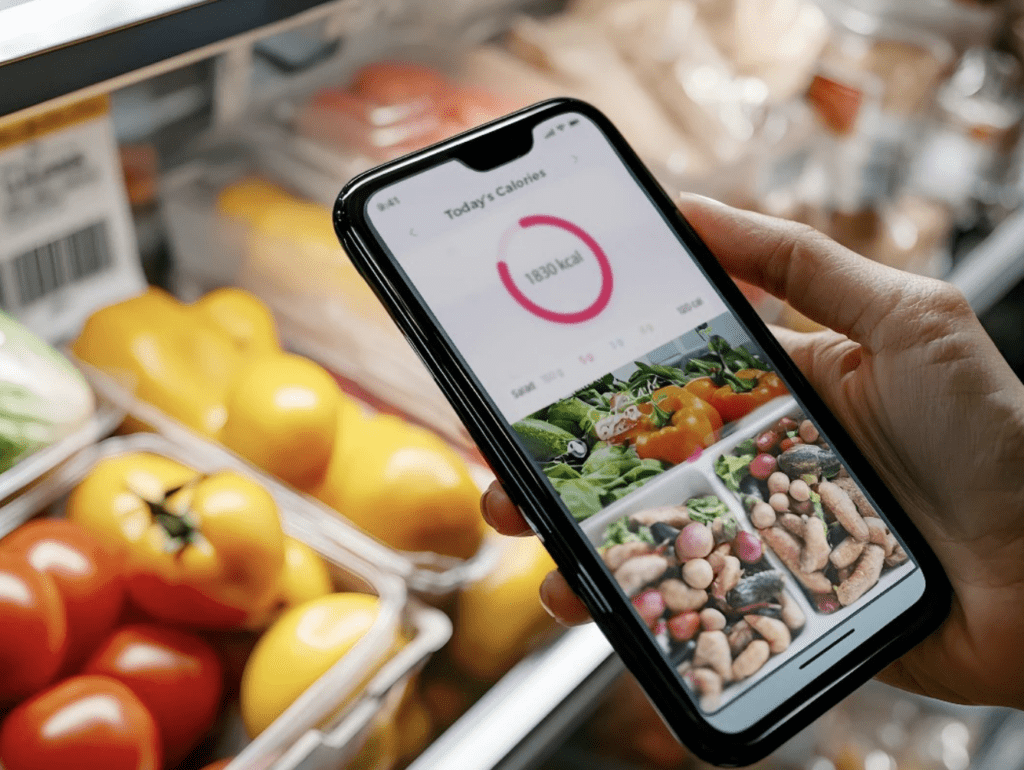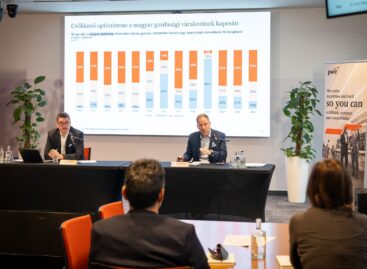The wallet sets the limits to consumer awareness
Consumers want to buy healthy, sustainable, and affordable ingredients and foods, but this is becoming increasingly difficult. While many people are conscious – for example, by reducing waste and consuming moderately – and increasingly consider health and environmental impacts, the most important factor has become value for money (51% of respondents focus on this). These changing consumer demands are setting new directions for global food industry players, according to the PwC Voice of the Consumer survey.
 The survey of over 21,000 consumers across 28 countries highlights that shoppers primarily seek foods aligned with their views on health, convenience, and sustainability. However, rising food prices and living costs increasingly hinder the realization of these preferences. About 50% of respondents plan to increase their consumption of fresh products in the coming months, while 60% are increasingly concerned about ultra-processed foods and pesticide use.
The survey of over 21,000 consumers across 28 countries highlights that shoppers primarily seek foods aligned with their views on health, convenience, and sustainability. However, rising food prices and living costs increasingly hinder the realization of these preferences. About 50% of respondents plan to increase their consumption of fresh products in the coming months, while 60% are increasingly concerned about ultra-processed foods and pesticide use.The pressure from living costs continues to affect consumer confidence. While globally 46% feel financially secure, this figure is below 25% in Hungary. More than half of global respondents said they are “just getting by” (61% in Hungary) or face financial difficulties (about 12% in Hungary), such as being unable to fully pay monthly bills. It is therefore not surprising that more than half (51%) look for better value for money when choosing food brands, and similar proportions engage in cost-saving practices such as reusing leftovers (49%) or constantly watching for promotions (48%). Two-thirds of consumers (66%) are committed to buying only what they need in order to reduce food waste.
“In Hungary, price fluctuations increasingly impact purchasing power, affecting not only consumer spending but also retail sector strategies. The survey clearly shows that Hungarian shoppers are becoming more price-sensitive while their expectations for product quality, health benefits, and convenience continue to rise.”
“Supply chain disruptions further heighten uncertainty. Geopolitical tensions, shipping issues, and raw material shortages all make it harder to maintain inventory levels and ensure price stability. As for the regulatory environment, factors like retail taxes and margin caps continue to challenge industry players.”
Green intentions, mixed practices
While environmental consciousness remains an important goal for consumers, climate change concerns are not always reflected in purchasing habits. Over 80% of respondents feel anxious about climate change, with nearly a quarter (24%) worrying daily about its effects. Despite this, only 44% say they are willing to pay more for food that supports the environment – such as improving soil quality or preserving biodiversity – but another 43% would be open to it if given convincing reasons.
“The Voice of the Consumer research highlights contradictory behavior among Hungarian consumers when it comes to environmental awareness. Although the proportion of people worried about climate change is high both regionally and globally (85%), only about 30% in Hungary would pay more for ‘green’ products, with price sensitivity dominating their product preferences.”
AI at the table: half of consumers are already ready
The survey also revealed growing consumer openness to new technologies and non-traditional shopping channels. Some 38% have already tried services such as subscriptions or home-delivered meal kits. Tech-driven personal health awareness is also spreading: 70% of respondents use health apps or wearable health-monitoring devices. About half are already willing to integrate generative AI into meal planning, offering companies the opportunity to connect health, convenience, and technology into a unified ecosystem.
Sector convergence may redefine the global food industry
Another PwC study also emphasizes that in the next decade, industries will reorganize in ways that transcend traditional sector boundaries in order to meet consumer needs. For the global food system, this may mean deeper collaboration, innovation, and sector convergence. By 2035, this massive business ecosystem could generate gross value added (GVA) of USD 9.88 trillion and potentially reach USD 10.35 trillion.
The battle for loyal customers
“Successful business models offer cost-effective options through a multichannel approach, keeping consumer expectations in mind and focusing on continuously enhancing the shopping experience and delivering solutions that can respond quickly and flexibly to a wide range of life situations.”
“Well-designed loyalty campaigns not only help retain customers but also strengthen their engagement, which can increase the customer base and satisfaction over the long term – as illustrated by the fact that 90% of Hungarian consumers in the survey consider loyalty programs essential when making purchasing decisions.”
Related news
PwC Hungary CEO Survey: Hungarian leaders focus on the imperative of technological transformation
🎧 Hallgasd a cikket: Lejátszás Szünet Folytatás Leállítás Nyelv: Auto…
Read more >40 secure jobs, sustainable solutions – new BURGER KING® in Csepel
🎧 Hallgasd a cikket: Lejátszás Szünet Folytatás Leállítás Nyelv: Auto…
Read more >Carrefour and Coca-Cola are focusing on refillable glass bottles
🎧 Hallgasd a cikket: Lejátszás Szünet Folytatás Leállítás Nyelv: Auto…
Read more >Related news
MBH Analysis Center: The Hungarian economy may accelerate again in 2026, but the Iranian war carries serious risks
🎧 Hallgasd a cikket: Lejátszás Szünet Folytatás Leállítás Nyelv: Auto…
Read more >SPAR is preparing for an Easter rush: it is filling its stores with 570 tons of smoked meat products
🎧 Hallgasd a cikket: Lejátszás Szünet Folytatás Leállítás Nyelv: Auto…
Read more >Focus on the domestic fishing sector at SIRHA Budapest
🎧 Hallgasd a cikket: Lejátszás Szünet Folytatás Leállítás Nyelv: Auto…
Read more >








